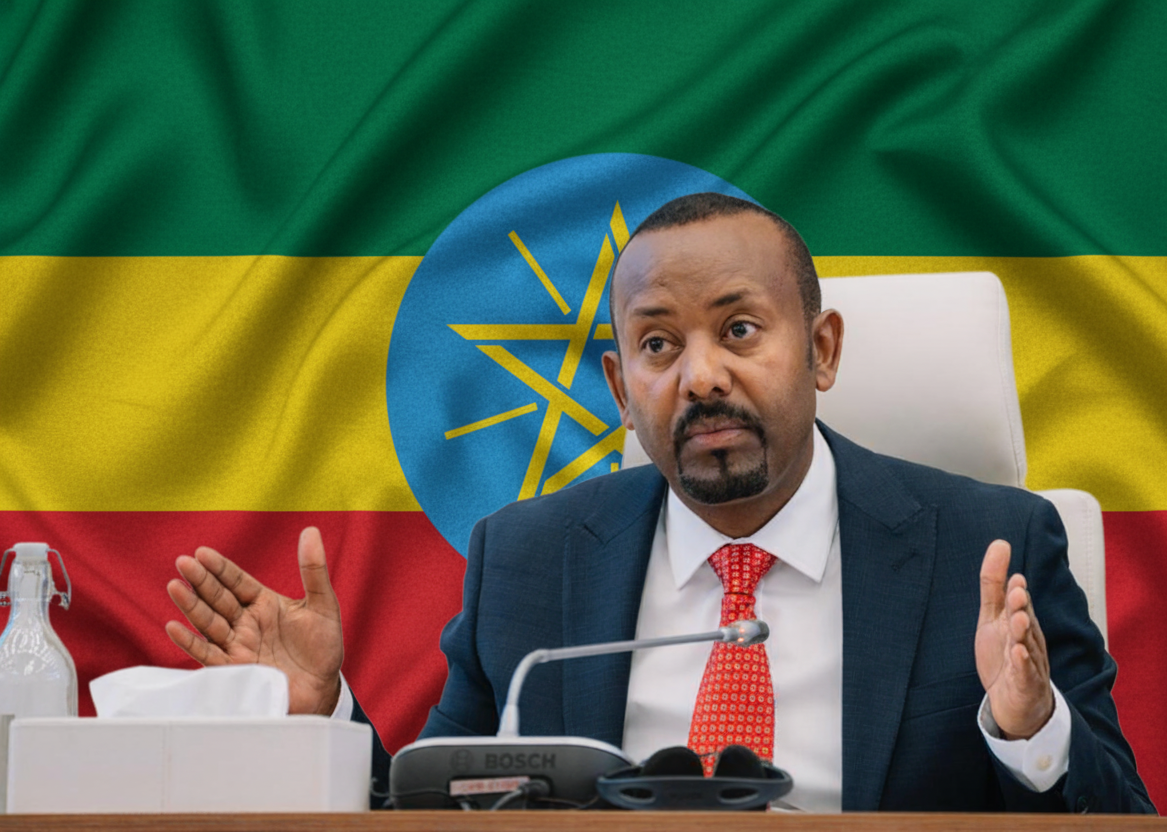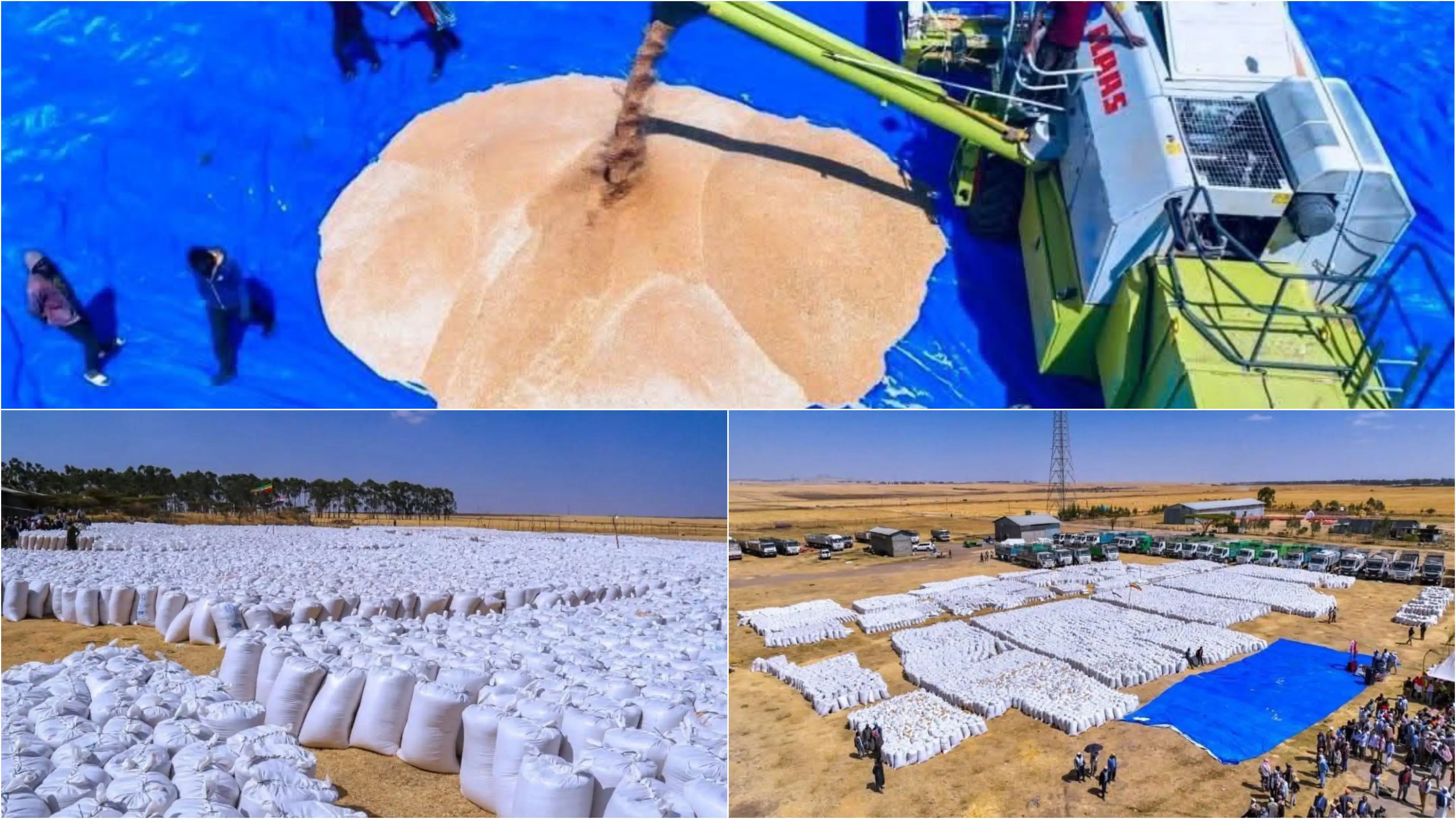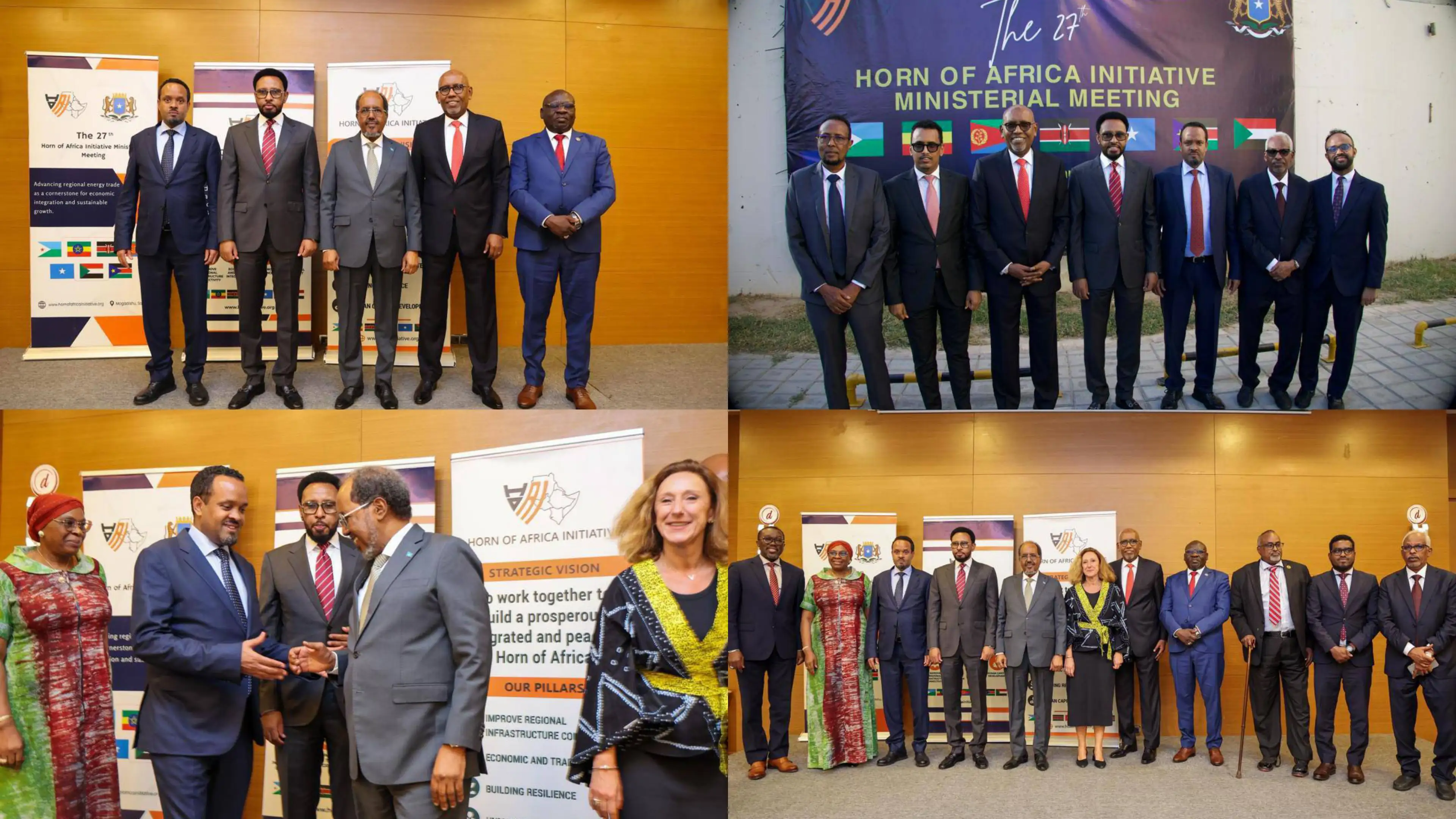Prime Minister Abiy Ahmed (PhD) has delivered a stunningly ambitious economic forecast, declaring that Ethiopia will become the leading economy in Africa by 2036, rising from its current position among the top ten. The Prime Minister, addressing the House of Peoples' Representatives, laid out a timeline for dominance, stating, "By 2032, the Ethiopian economy will be at least the second largest in Africa, and by 2036, it will be the leading economy in Africa. We will achieve this—no one will stop us!"
This bold declaration is backed by a commitment to unwavering diligence and accelerated development.
The Prime Minister's confidence is rooted in a fundamental shift in national policy, moving away from past practices that fueled instability and debt pressure. The overall strategy hinges on three major pillars: aggressive infrastructure development, macroeconomic reform, and a direct assault on the culture of dependency.
Macroeconomic and Debt Management Victories
Dr. Abiy used the session to highlight crucial progress in managing the nation's severe debt challenges. He acknowledged that previous governments had taken on short-term loans that created immense pressure, noting that this practice was different from the long-term borrowing seen in many other major economies.
- Debt Restructuring: The Prime Minister reported a "great victory" in restructuring a massive portion of the debt, achieving a $4 to $5 billion debt restructuring through extensive negotiations.
- Fiscal Discipline: He asserted that controlling debt is the reform government’s top priority, confirming that the administration has not taken out a single short-term loan since taking power.
- Creditor Confidence: Dr. Abiy stated that Ethiopia currently has "no problem paying its debt" and that the nation is in talks with creditors—particularly Eurobond holders—for further restructuring, citing the country's rapid growth as evidence that it can meet its obligations.
The War on Dependency
Signaling a complete break from an aid-centric past, the prime minister made a profound philosophical statement equating dependency with national weakness, calling it a "cancer" that consumes the power to work.
"Dependency is a cancer that consumes the power to create, the strength to work... I believe this sickness was even factored into government planning here in Ethiopia."
He emphasized that hard work and self-reliance must be given equal focus alongside the pursuit of peace to permanently escape poverty.
the foundational economic breakthrough needed to sustain the ambitious growth rates.
In conclusion, the Prime Minister framed the goal not as a mere projection, but as a guaranteed outcome driven by the current wave of reform and national effort: "We will achieve this—no one will stop us!"




